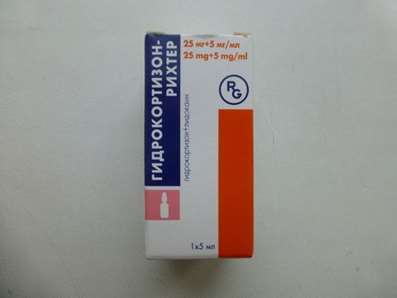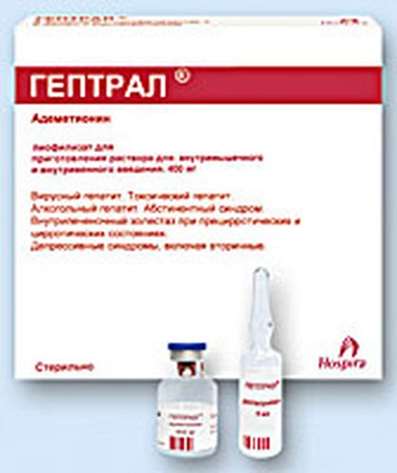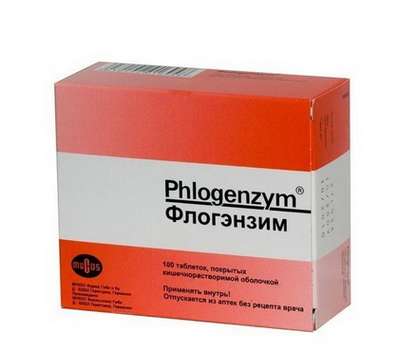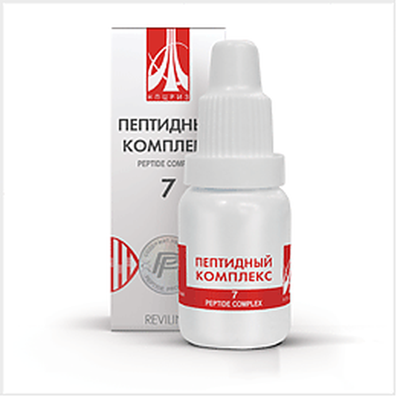Palliative medicine
02 Dec 2016
About help terminally ill children, the creation of the first hospices and burnout of medical workers. How are children's palliative care? What are the challenges facing research in the field of palliative medicine? What are the differences between using the incurable patients at home and in the hospital?
According to the World Health Organization, palliative care - a comprehensive and integrated support body, the mind, the soul of the sick child and his entire family. It includes a medical component, psychological, social and spiritual. Despite the fact that we can not cure the child, the medical component is very important, because we can improve its quality of life. To support your immune system of the body – buy IRS 19, Complex of Cytamine for immune system, Cyanocobalamin, Meldonium, Metaprot, Selank, Cerluten.
There are so many problems associated with conducting research in the field of palliative care. And, of course, the first problem is that when working with children with incurable diseases to unify the sample is very difficult. Secondly, to obtain informed consent from each family, each patient is also difficult, in contrast to those patients in whom we conduct general research efforts in general to recover. Nevertheless it performed more research. Now there are several organizations, including under the auspices of the World Health Organization, there is a European Association of Palliative Care have an international network of children's palliative care, which are engaged in various kinds of research in children's palliative.
The syndrome of burnout of health professionals is a very important point. To work with such patients is extremely difficult. They must be turned out techniques, which are generally currently exist, now it is necessary to check their effectiveness: how they can really help the team, which works with the patient to survive and not to cross the line when you are very close to the patient and can be burned. That is, it is necessary to conduct studies that help evaluate the moral condition of the person, his physical condition when he works with children with severe life-limiting illness and preventive measures of burnout.

 Cart
Cart





